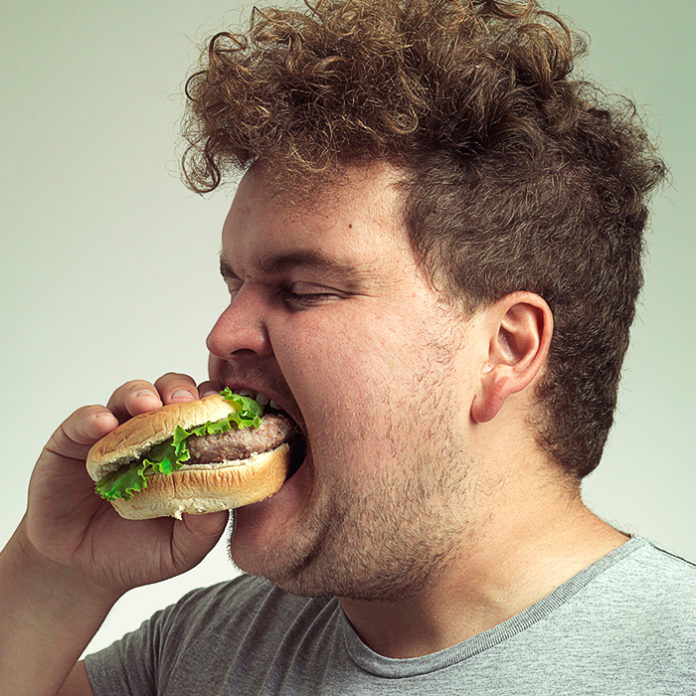
We all overeat from time to time—taking an extra helping at Thanksgiving dinner or having dessert when you’re already full. But for binge eaters, overeating is regular and uncontrollable. You use food to cope with stress and other negative emotions, even though afterwards you feel even worse. You may feel like you’re stuck in a vicious cycle, but binge eating disorder is treatable. With the right help and support, you can learn to control your eating and develop a healthy relationship with food.
What is binge eating?
Binge eating disorder is characterized by compulsive overeating in which people consume huge amounts of food while feeling out of control and powerless to stop. The symptoms of binge eating disorder usually begin in late adolescence or early adulthood, often after a major diet. A binge eating episode typically lasts around two hours, but some people binge on and off all day long. Binge eaters often eat even when they’re not hungry and continue eating long after they’re full. They may also gorge themselves as fast as they can while barely registering what they’re eating or tasting.
The key features of binge eating disorder are:
- Frequent episodes of uncontrollable binge eating.
- Feeling extremely distressed or upset during or after bingeing.
- Unlike bulimia, there are no regular attempts to “make up” for the binges through vomiting, fasting, or over-exercising.
People with binge eating disorder struggle with feelings of guilt, disgust, and depression. They worry about what the compulsive eating will do to their bodies and beat themselves up for their lack of self-control. They desperately want to stop binge eating, but feel like they can’t.

Signs of binge eating:
People with binge eating disorder are embarrassed and ashamed of their eating habits, so they often try to hide their symptoms and eat in secret. Many binge eaters are overweight or obese, but some are of normal weight.
Behavioral symptoms:
- Inability to stop eating or control what you’re eating
- Rapidly eating large amounts of food
- Eating even when you’re full
- Hiding or stockpiling food to eat later in secret
- Eating normally around others, but gorging when you’re alone
- Eating continuously throughout the day, with no planned mealtimes
Emotional Symptoms.
- Feeling stress or tension that is only relieved by eating
- Embarrassment over how much you’re eating
- Feeling numb while bingeing—like you’re not really there or you’re on auto-pilot.
- Never feeling satisfied, no matter how much you eat
- Feeling guilty, disgusted, or depressed after overeating
- Desperation to control weight and eating habits
Tips and ways to overcome binge eating:
- Manage stress.
- Eat 3 meals a day plus healthy snacks.
- Avoid temptation.
- Stop dieting.
- Exercise.
- Fight boredom.
- Get enough sleep.
- Listen to your body.
- Keep a food diary.
- Get support.
Breaking the old pattern of binge eating is hard, and you may slip from time to time. This is where the support of others can really come in handy. Family, friends, and therapists can all be part of your support team. You may also find that joining a group for binge eaters is helpful. Sharing your experience with other compulsive eaters can go a long way towards reducing the stigma and loneliness you may feel.
